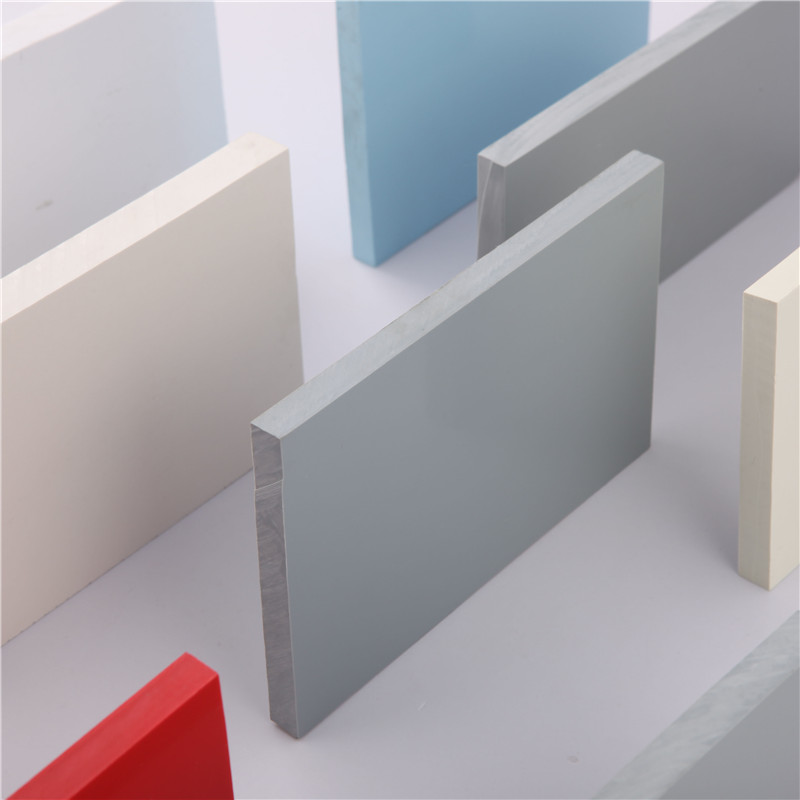Nov . 14, 2024 03:54 Back to list
hdpe plastic pipe
Understanding HDPE Plastic Pipes A Versatile Solution for Modern Infrastructure
High-Density Polyethylene (HDPE) plastic pipes have gained significant popularity in various industries due to their outstanding properties and versatility. The demand for HDPE pipes continues to rise as they offer numerous advantages over traditional materials such as metal and concrete. This article delves into the characteristics, benefits, and applications of HDPE plastic pipes.
Understanding HDPE Plastic Pipes A Versatile Solution for Modern Infrastructure
One of the primary reasons for the growing acceptance of HDPE pipes is their flexibility and ease of installation. The lightweight nature of HDPE enables quick handling and transportation, reducing labor costs associated with installation. Additionally, HDPE pipes can be used in trenchless installation techniques, minimizing the need for extensive excavation. This is particularly beneficial in urban settings where disrupting existing infrastructure can lead to significant inconvenience and additional costs.
hdpe plastic pipe

Durability is another critical advantage of HDPE pipes. They have a lifespan of up to 50 years or more under proper conditions, significantly reducing the need for frequent replacements. This longevity is further enhanced by their ability to withstand extreme temperatures, making them suitable for use in a variety of climates. HDPE pipes can operate effectively in temperatures ranging from -40°C to 60°C, allowing them to be utilized in both cold and hot environments.
The versatility of HDPE pipes extends beyond their basic properties. They are available in various sizes and diameters, making them suitable for a wide range of applications. HDPE pipes are commonly used in potable water systems, wastewater management, stormwater drainage, irrigation systems, and gas distribution. Their versatility also allows for integration into innovative engineering solutions, such as rainwater harvesting systems and geothermal energy applications.
In addition to their practical benefits, HDPE pipes are an environmentally friendly alternative. The manufacturing process of HDPE is energy-efficient, and the material itself is fully recyclable. End-of-life HDPE pipes can be reprocessed to produce new products, reducing waste and the demand for virgin materials. This sustainability aspect aligns with the growing global emphasis on eco-friendly construction practices.
In conclusion, HDPE plastic pipes represent a modern and efficient solution for various infrastructure needs. Their unique combination of durability, flexibility, and resistance to corrosion makes them a preferred choice across multiple industries. As the demand for sustainable and reliable materials continues to grow, the role of HDPE pipes in shaping the future of construction and utility systems is undeniable. By incorporating HDPE technology, businesses and municipalities can ensure longevity, efficiency, and environmental responsibility in their operations.
-
High-Quality PPR Pipes and Fittings Durable ERA PPR & PVC PPR Solutions
NewsJul.08,2025
-
Black HDPE Cutting Board - Durable, Non-Porous & Food Safe HDPE Plastic Cutting Board
NewsJul.08,2025
-
High-Quality CPVC Panel Durable HDPE & PVC Panels Supplier
NewsJul.08,2025
-
Double PE Welding Rod Supplier - High Strength, Durable & Versatile Welding Solutions
NewsJul.07,2025
-
High-Quality PVC-O Pipe Supplier Durable 75mm PVC Pipe & Connections Leading PVC Pipe Company
NewsJul.07,2025
-
HDPE Drainage Pipe Supplier – Durable & Corrosion-Resistant Solutions
NewsJul.06,2025

